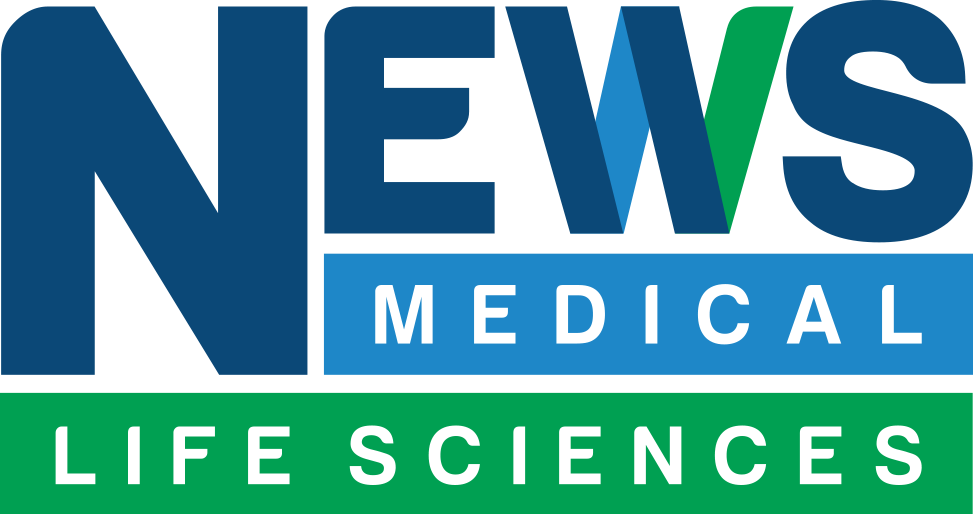The University of Michigan is among 13 institutions that will receive funding from the Centers for Disease Control and Prevention to be part of a national network of centers focused on predicting and responding to future disease outbreaks.
U-M will receive a $17.5 million grant over five years to establish the Michigan Public Health Integrated Center for Outbreak Analytics and Modeling, or MICOM.
Housed within the U-M School of Public Health, MICOM is a partnership with the Michigan Department of Health and Human Services and a national collaboration among institutions’ experts, who represent a wide variety of disciplines.
At U-M, researchers from the College of Engineering, School of Information, Medical School and College of Literature, Science, and the Arts will also lend their expertise to the effort.
This center is a remarkable opportunity to build on the strong partnerships between the University of Michigan and Michigan Department of Health and Human Services to integrate outbreak analytics, modeling and forecasting into public health practice and improve public health in Michigan and beyond.”
Marisa Eisenberg, director of MICOM and associate professor of epidemiology and complex systems
The 13 institutions, or funded partners of the CDC, will receive a total of $250 million in grants over five years to establish their own centers and work alongside the CDC and state and local health departments.
The funding comes from the CDC’s Center for Forecasting and Outbreak Analytics, a federal initiative launched in April 2022 to enhance the nation’s ability to respond to public health threats with timely, effective decision-making informed by data, modeling and analytics.
The establishment of the new network is the first step in creating a nationwide resource for outbreak analytics, disease modeling and forecasting to support more effective, real-time response during public health emergencies.
“Each of the grantees will help us move the nation forward in our efforts to better prepare and respond to infectious disease outbreaks that threaten our families and our communities,” said Dylan George, director of the Center for Forecasting and Outbreak Analytics. “We are committed to working alongside these outstanding partners to achieve our goal of using data and advanced analytics to support decision-makers at every level of government.”
Emily Toth Martin, associate professor of epidemiology and co-director of MICOM, said one of the center’s focus areas will be to integrate and refine modeling and data analytics tools for state and local public health partners in support of data-driven decision-making and solutions.
“Systems for evidence-based decision-making and communication of data to public health officials need to be in place before we need to respond to an outbreak,” Martin said. “The work of this network will save valuable time in responding to future disease threats.”







